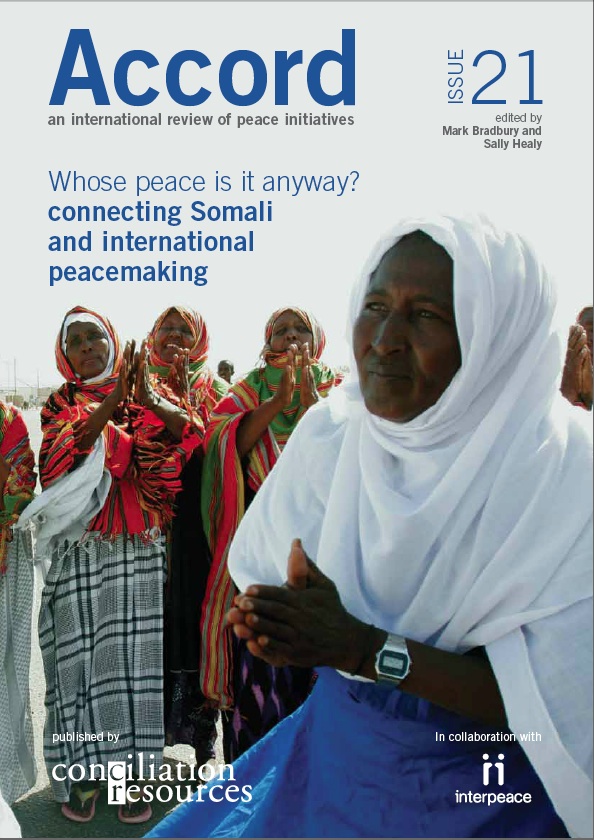The name Bakaaro comes from the underground kilns that are used to produce lime for construction. In 1950s there were many such kilns in the current Bakaaro area. The first makeshift shacks appeared at the northern edge of Bakaaro in the late1950s selling meat, milk, dates, salt, tobacco and other small items. Bakaaro market grew in the 1960s when the government settled people on a large tract of land to the south.
In the early 1970s Bakaaro market became part of Howl-wadaag district where government employees – civil servants and military and police officers – were allocated land to construct houses. By the end of the decade the settlement of relatively wealthy people in Howl-wadaag, and improved access due to the construction of four tarmac roads around Bakaaro encouraged expansion of the market to the east.
The first big food stores, shops, restaurants and hotels in Mogadishu were constructed in the vicinity of Bakaaro. Because Mogadishu’s larger markets in Via Egitto, Via Roma, and the more recently established cloth and electronic market of Ba’adle in Hamar-weyne district, had little room for expansion, Bakaaro began to attract well-established businesses. In 1983 another wave of businesspeople moved to Bakaaro after fire engulfed Ba’adle market.
The collapse of Siyad Barre’s regime in 1991 unshackled the creativity of the private sector from constrictive state regulations. New businesses flourished including hawala (money transfer agencies), telecommunications (particularly cheap telephones) and new transport and media companies.
In the big cities and towns, particularly Mogadishu, businesspeople established privately owned hospitals, schools, electricity generators, drinking water companies and even a Coca Cola factory. Somali traders started exporting livestock, skins and hides, fish, and fruits and sesame oil, and importing all manner of goods: food, construction materials, petrol and medicines. The vast majority of these economic activities were based in Bakaaro market. Bakaaro grew to become one of the largest and busiest markets in East Africa, supplying a wide variety of imported and locally produced goods to much of Somalia and the Somali speaking regions of Ethiopia and Kenya.
Bakaaro also functions as the ‘Wall Street’ of Somalia. Somali shillings and foreign currency both circulate in the market. In the absence of a Somali central bank, exchange rates in many parts of the country are pegged to rates set in Bakaaro. It houses the main hawala, such as Dahabshiil, Amal and Qaran, as well as the major telecommunications companies – Hormuud, Telecom Somalia and NationLink – and airline ticketing offices. The most popular media houses, HornAfrik, Radio Shabelle and Radio Simba also have their headquarters in Bakaaro.
This bustling market is also an arms bazaar servicing all parties to the conflict. The weapons market is a notorious feature of Bakaaro and has earned it the nickname Cir Toogte (‘Sky Shooter’), based on the practice of allowing customers to test-fire on the spot all sorts of light weapons, including AK47s. Imported weaponry ranging from small arms to anti-aircraft missiles can all be bought there.

